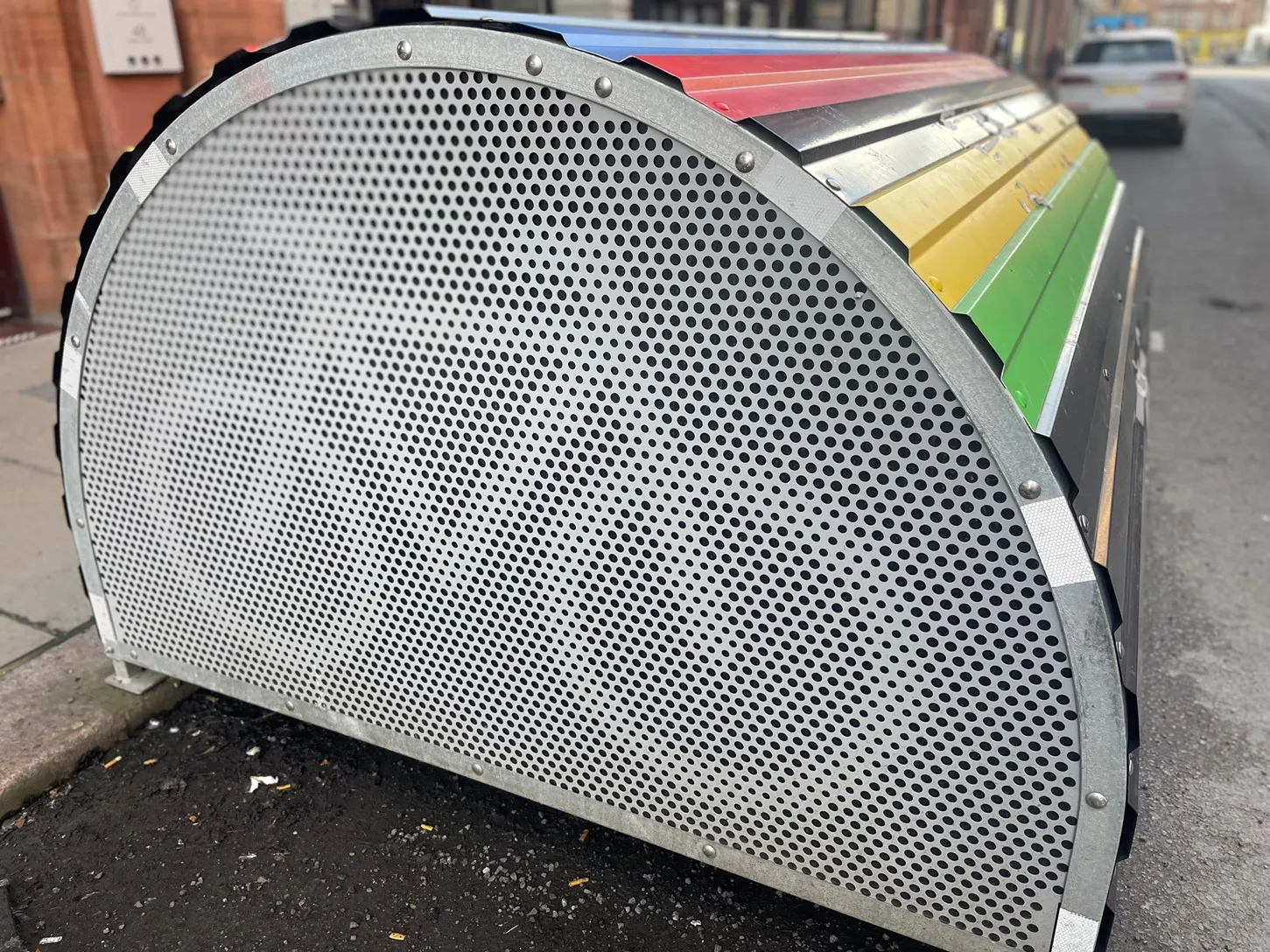The Highways Agency is to deliver a further twenty-two schemes in the UK’s north-west to boost the economy, reduce congestion and improve safety in the third, and final, stage of its pinch point programme. The schemes, representing an investment of US$47.7 million, will remove bottlenecks and keep traffic moving on England’s motorways and major A roads. Nationally, this stage of the programme comprises 58 schemes, worth US$151 million, that will be delivered by March 2015 and will bring an estimated US$2.1
April 11, 2013
Read time: 2 mins
The 503 Highways Agency is to deliver a further twenty-two schemes in the UK’s north-west to boost the economy, reduce congestion and improve safety in the third, and final, stage of its pinch point programme.
The schemes, representing an investment of US$47.7 million, will remove bottlenecks and keep traffic moving on England’s motorways and major A roads. Nationally, this stage of the programme comprises 58 schemes, worth US$151 million, that will be delivered by March 2015 and will bring an estimated US$2.1 billion of economic benefit.
Roads Minister Stephen Hammond said: “The Government is committed to cutting congestion and accelerating growth – that is why the Chancellor injected an extra US$154 million into the Highways Agency pinch point programme last autumn.
“This third round of innovative schemes has the potential to help create more than 94,000 new jobs and 61,000 new homes, while making life easier for the thousands of motorists and businesses who use these roads every day.”
The schemes are split into road improvement projects and technology schemes.
Road improvement projects have been developed in conjunction with local enterprise partnerships and local authorities to promote local economic growth. They will improve access to nearby development sites such as enterprise zones and locally designated areas, as well as to international and national gateways.
Technology schemes will install new technology to support the logistics industry and wider economic growth by improving driver information, signage and incident clear up times.
The majority of schemes from the first two stages of the programme are in the detailed design phase with construction due to start soon.
The schemes, representing an investment of US$47.7 million, will remove bottlenecks and keep traffic moving on England’s motorways and major A roads. Nationally, this stage of the programme comprises 58 schemes, worth US$151 million, that will be delivered by March 2015 and will bring an estimated US$2.1 billion of economic benefit.
Roads Minister Stephen Hammond said: “The Government is committed to cutting congestion and accelerating growth – that is why the Chancellor injected an extra US$154 million into the Highways Agency pinch point programme last autumn.
“This third round of innovative schemes has the potential to help create more than 94,000 new jobs and 61,000 new homes, while making life easier for the thousands of motorists and businesses who use these roads every day.”
The schemes are split into road improvement projects and technology schemes.
Road improvement projects have been developed in conjunction with local enterprise partnerships and local authorities to promote local economic growth. They will improve access to nearby development sites such as enterprise zones and locally designated areas, as well as to international and national gateways.
Technology schemes will install new technology to support the logistics industry and wider economic growth by improving driver information, signage and incident clear up times.
The majority of schemes from the first two stages of the programme are in the detailed design phase with construction due to start soon.








